Trees Can Worsen NYC's Air Pollution
While trees are often seen as a solution to air pollution, a new study reveals that certain popular tree species in New York City, like oaks and sweetgums, could actually be making the air worse.
These trees emit a chemical called isoprene which, when combined with pollutants from fossil fuel combustion, creates ground-level ozone. Ground-level ozone is a toxic gas that can irritate the throat, inflame airways and increase the frequency of asthma attacks.
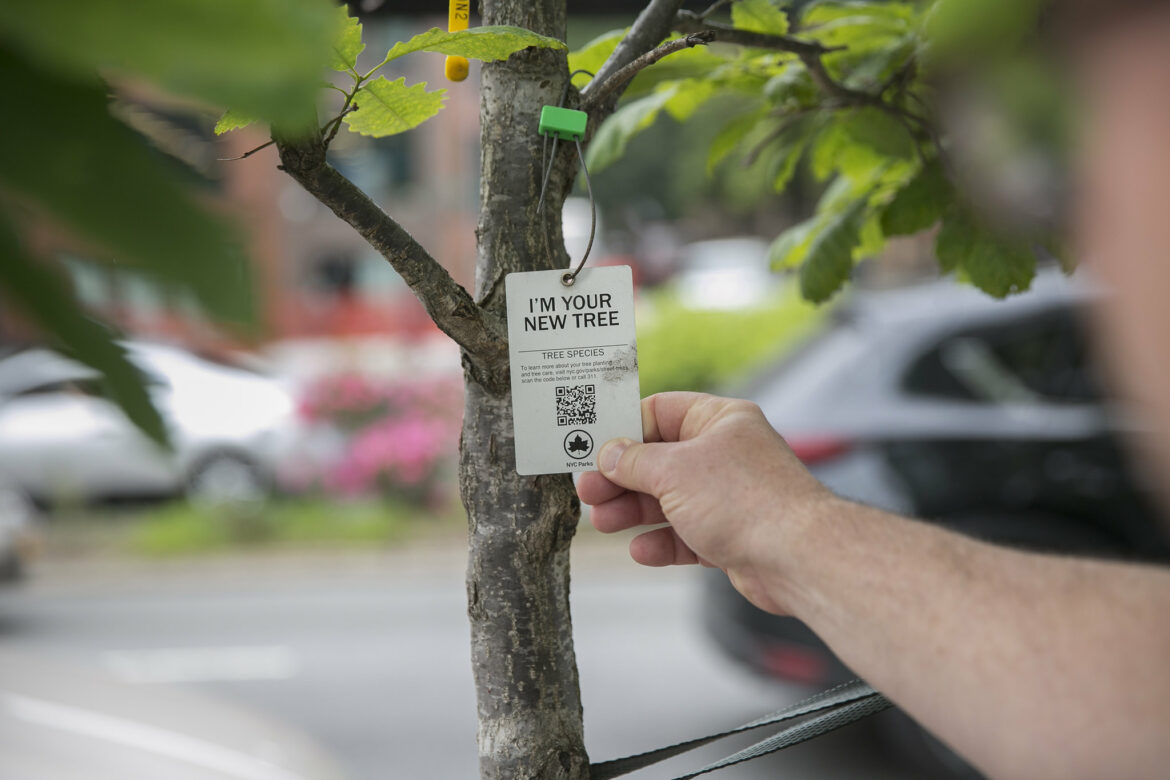
NYC's Tree Landscape & Ozone Levels
Over half of New York City's trees are oaks and sweetgums, making up a significant portion of its urban forest. If current tree planting patterns continue, isoprene production in Manhattan is projected to increase by 140 percent in the coming decades, leading to a 30 percent increase in ozone levels on hot summer days.
The study's authors warn that city officials need to be more strategic about the types of trees they plant to avoid exacerbating this problem.
Beyond Trees: Addressing the Root Cause
The study highlights that while addressing the type of trees planted is important, the ultimate solution lies in reducing fossil fuel emissions. The city still heavily relies on fossil fuels for transportation and energy production, contributing to the problem.
The Future of NYC's Urban Forest
The Parks Department is committed to planting 1 million new trees in the city. However, they acknowledge that the study's findings need to be considered. They are diversifying the species of trees planted, aiming to create a resilient and healthy urban forest.
Despite the city's efforts, New York lags behind on curbing fossil fuel pollution. Reducing emissions is crucial to mitigate the negative impact of certain tree species on air quality.
What Can Be Done
- Shift to cleaner energy sources: Investing in renewable energy and electrification is essential for reducing fossil fuel dependency.
- Strategic tree planting: City officials should prioritize tree species that are less likely to contribute to ground-level ozone formation.
By taking these steps, New York City can create a greener and healthier environment for its residents.

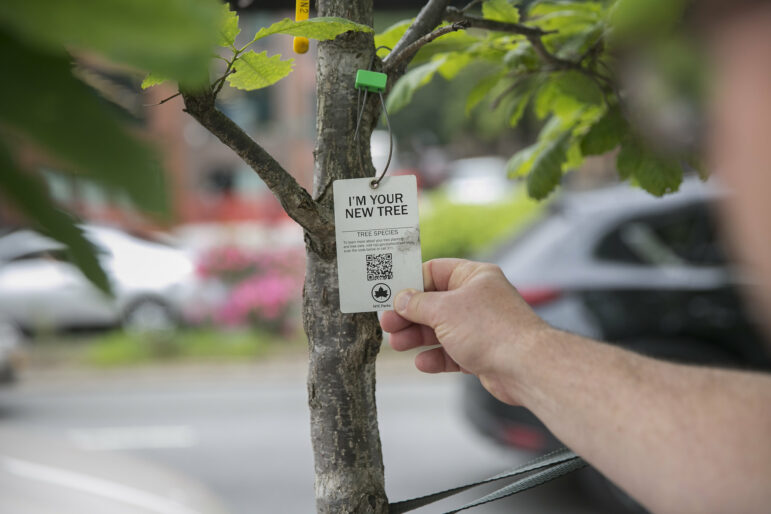


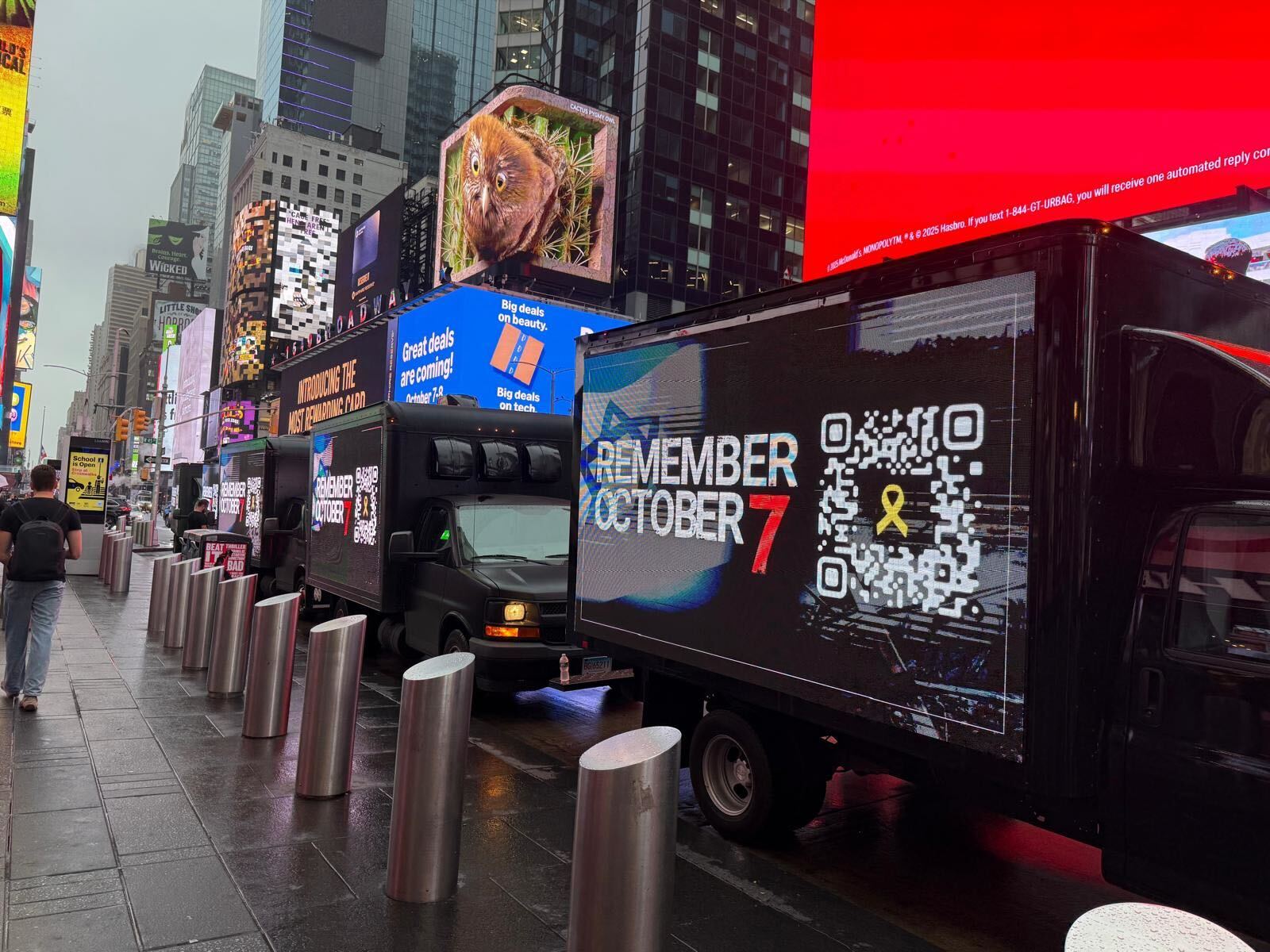


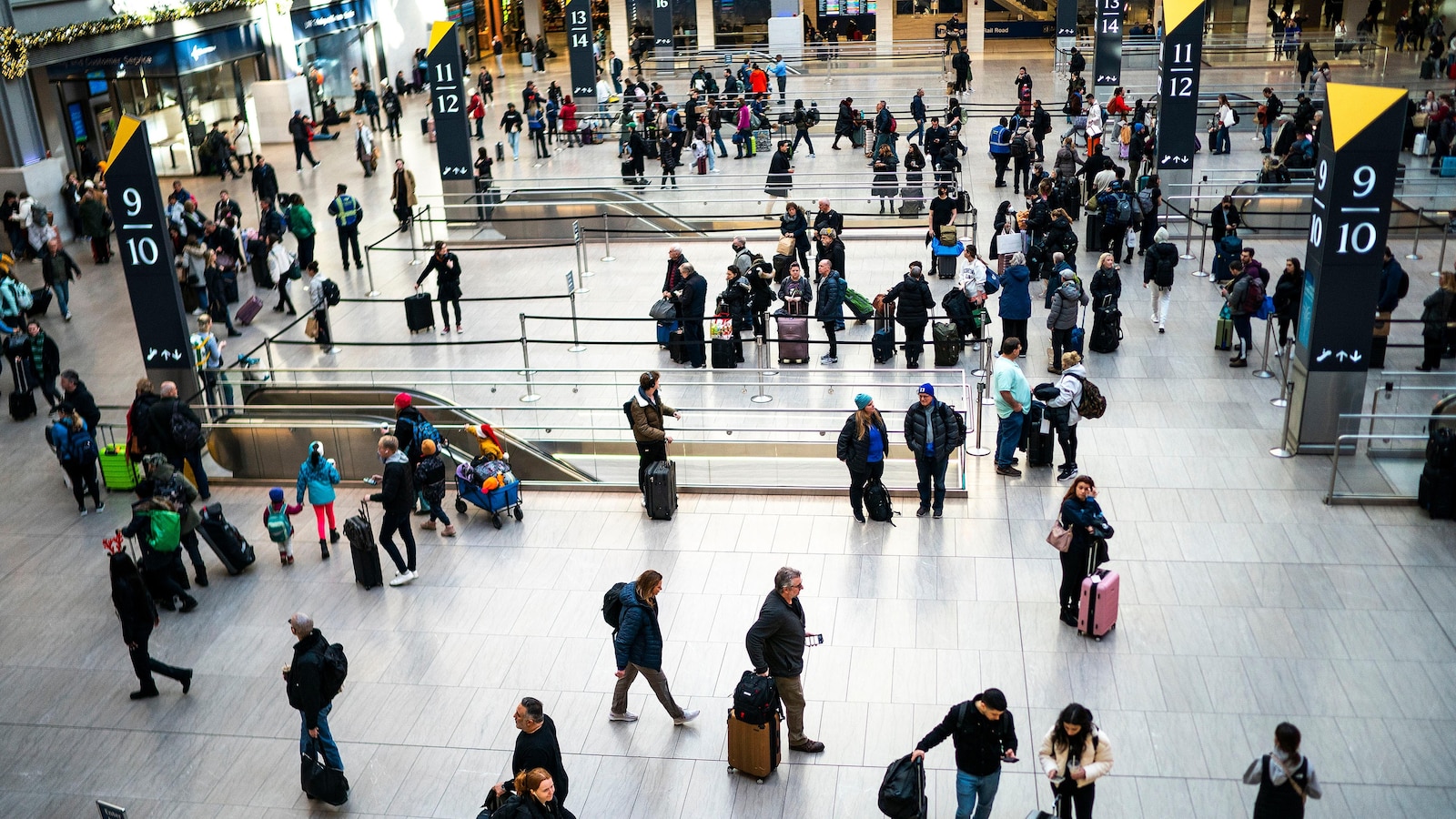

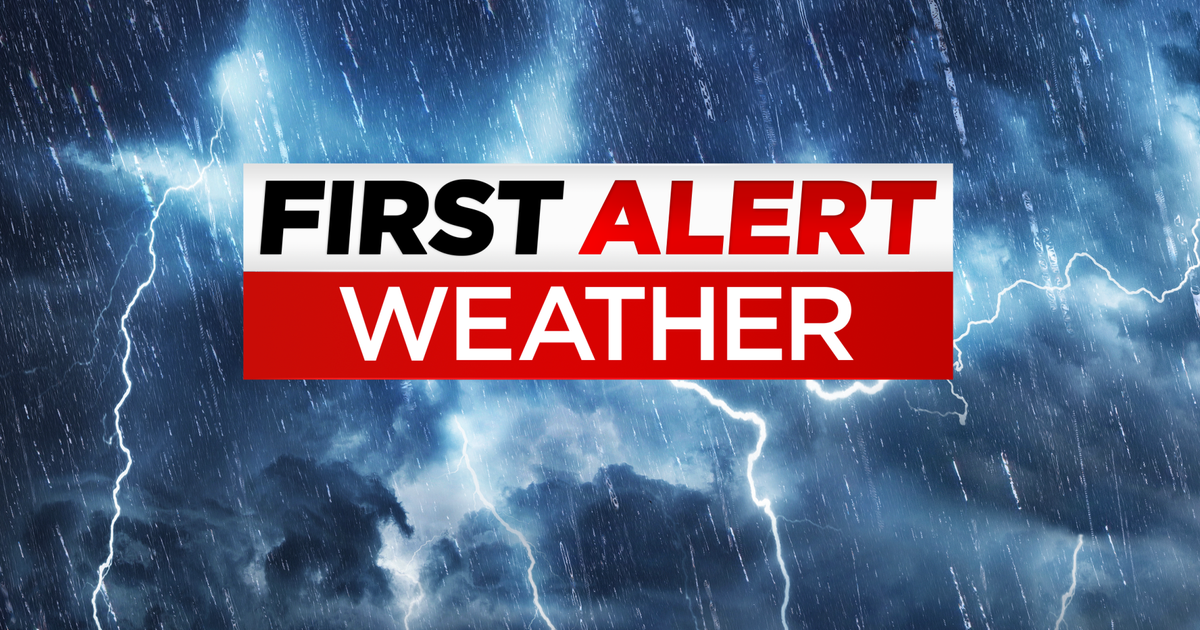
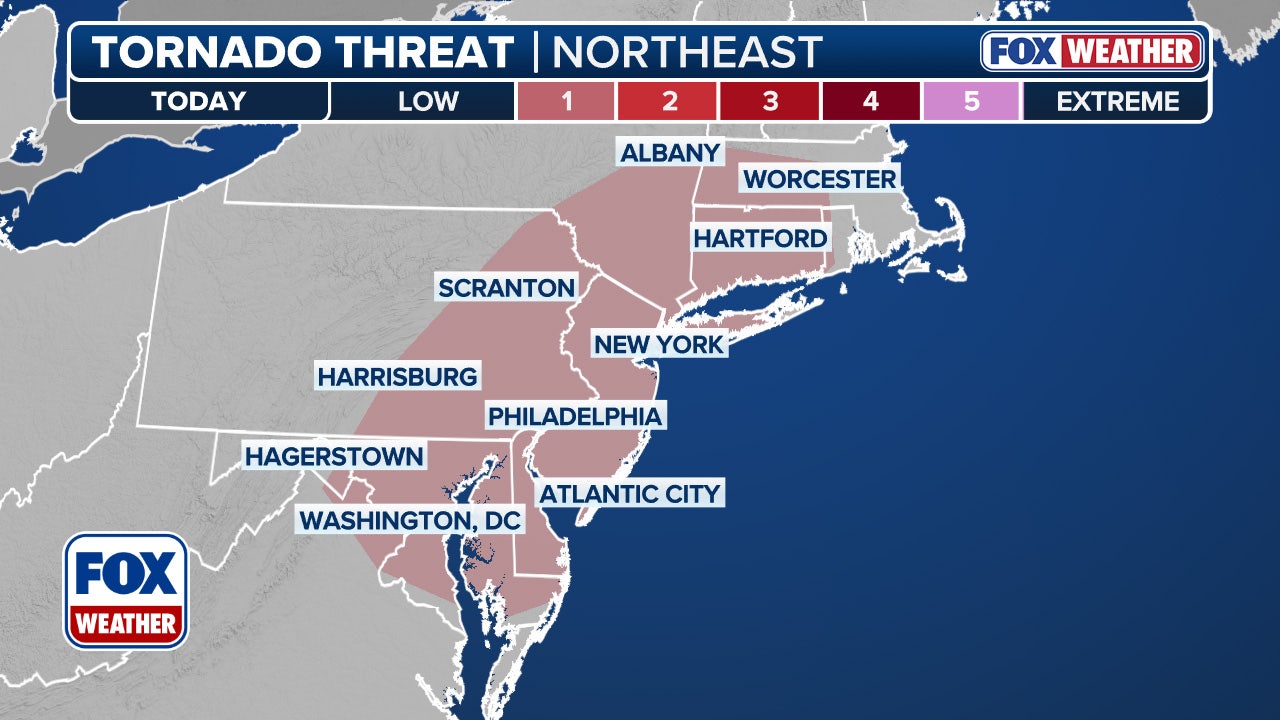

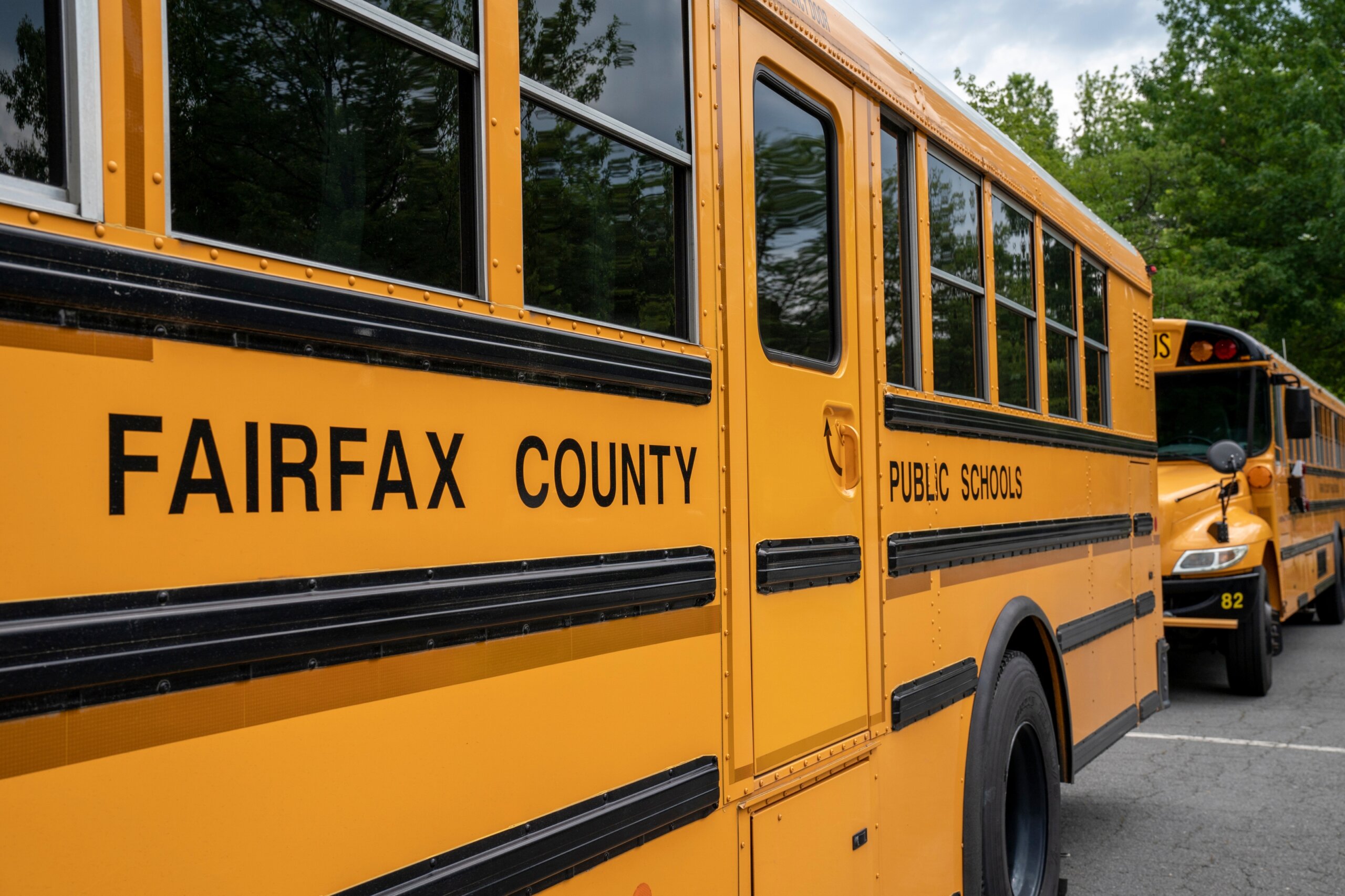


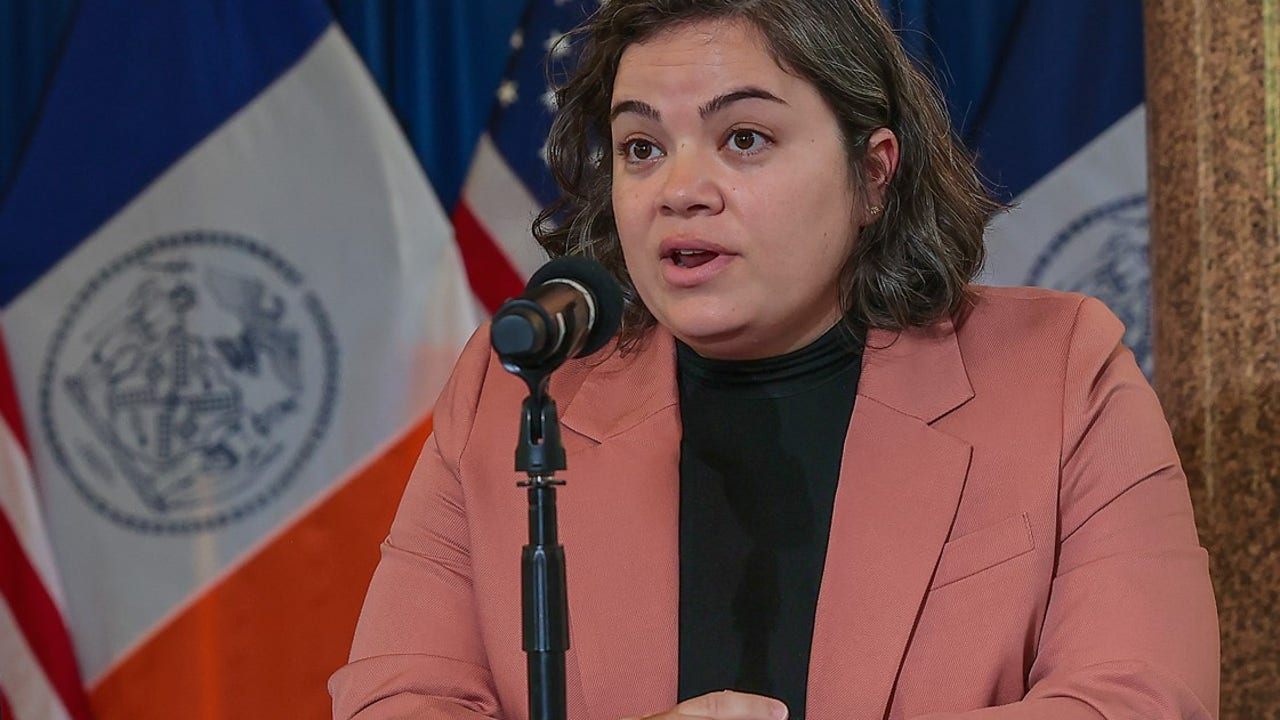



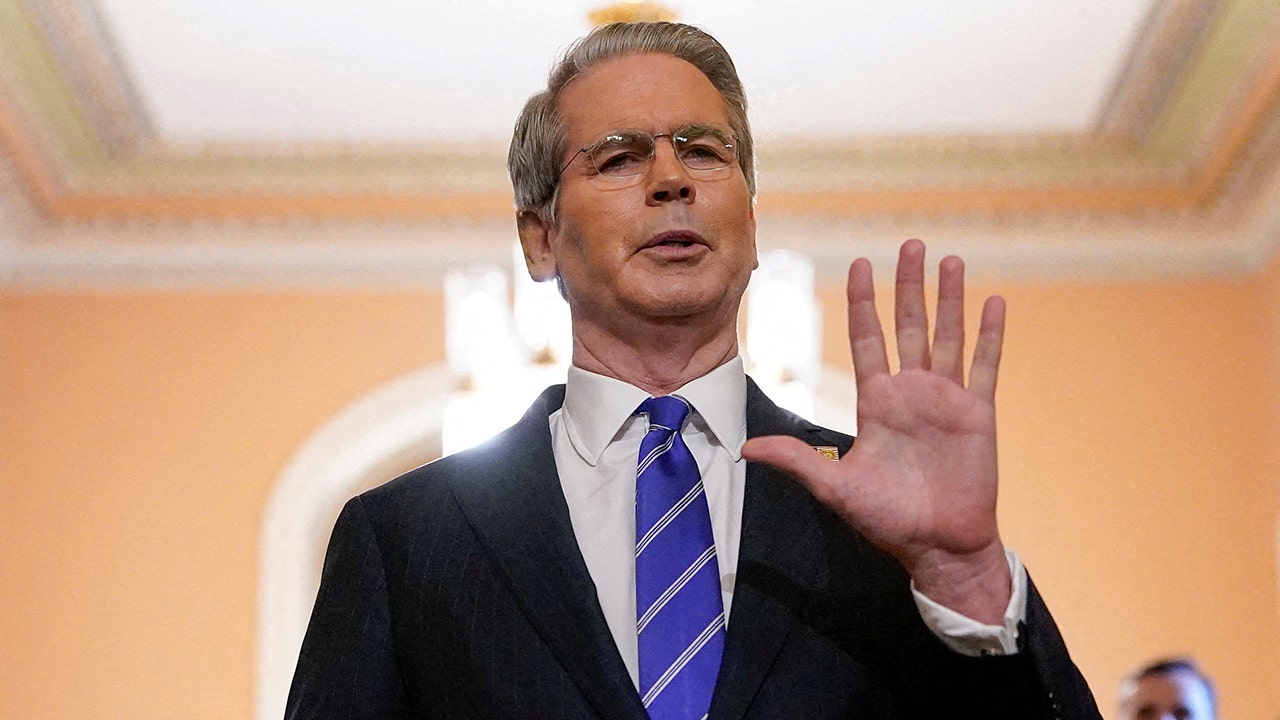
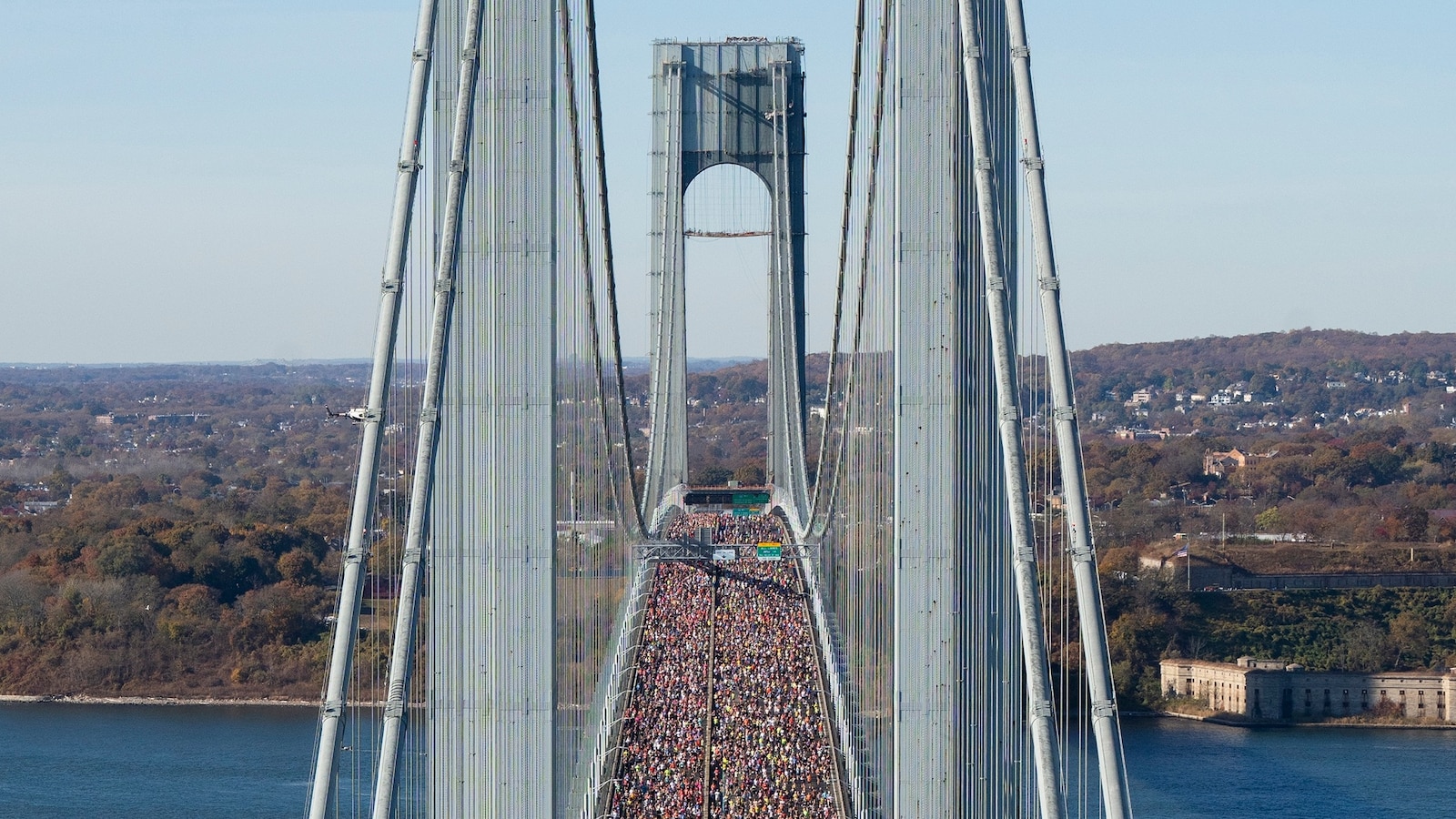



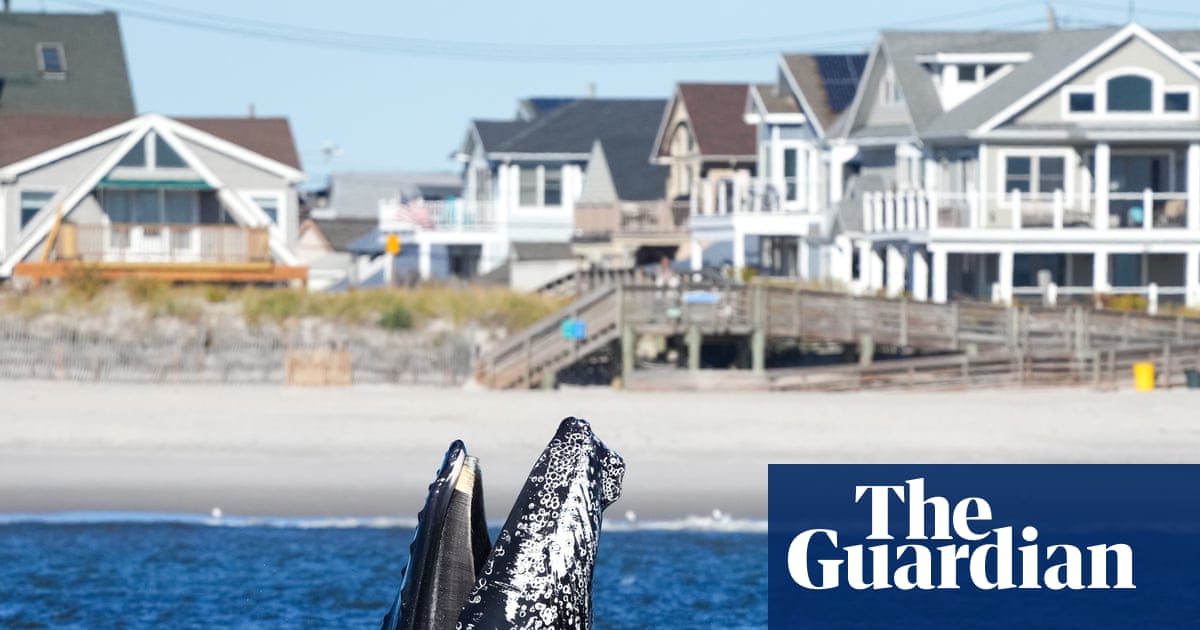

Comments
Join Our Community
Sign up to share your thoughts, engage with others, and become part of our growing community.
No comments yet
Be the first to share your thoughts and start the conversation!